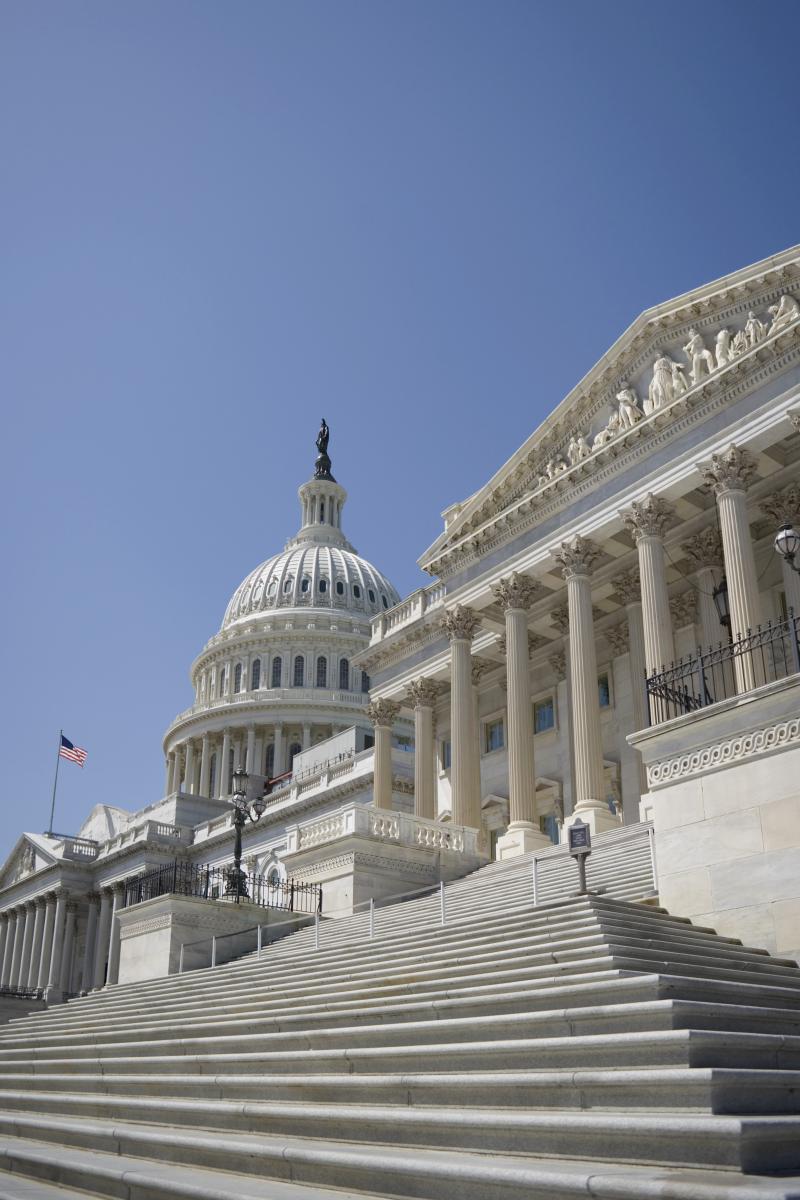If ever there was a Groundhog Day movie moment, this might be it, as battles over implementing a new fiduciary advice rule and confirming a labor secretary continued this week.
 The latest salvo comes from a powerful group of Republican senators who on Dec. 18 wrote to Acting Labor Secretary Julie Su to express their strong concern with the Department of Labor’s (DOL) proposed rule entitled “Definition of an Investment Advice Fiduciary,” released this past Halloween.
The latest salvo comes from a powerful group of Republican senators who on Dec. 18 wrote to Acting Labor Secretary Julie Su to express their strong concern with the Department of Labor’s (DOL) proposed rule entitled “Definition of an Investment Advice Fiduciary,” released this past Halloween.
“We appreciate the Department’s desire to ensure Americans are protected as they pursue the financial means to enjoy a secure retirement, but this proposal will have the opposite effect by imposing significant costs that will limit investors’ access to the financial advice they need to secure their future. In our view, the Department’s proposal is unnecessarily duplicative of existing regulatory protections and will merely create excessive regulations on an already burdened industry,” 11 Republican senators wrote in their letter to Su.
Among those 11 were Sens. Roger Marshall (R-KS), John Barrasso (R-WY), Mike Braun (R-IL), John Cornyn (R-TX), Charles Grassley (R-IA), Susan Collins (R-ME), Joni Ernst (R-IA), Bill Hagerty (R-TN), Cindy Hyde-Smith (R-MS), John Thune (R-SD) and Mike Rounds (R-SD).
The senators went on to explain, among other things, that the ruling by the 5th Circuit Court of Appeals invalidating the 2016 rule found that Congress intentionally structured ERISA to recognize the distinction between investment advice and sales. “This rule does not recognize the difference between investment advisers paid fees for advice, who have long been considered fiduciaries; and brokers and insurance agents, who did not assume fiduciary status in selling products to their clients. The Department of Labor does not have the authority to adopt this proposal and is deliberately acting against the 5th Circuit’s previous decision,” the senators argued.
The letter came after the DOL completed two days of hearings from numerous stakeholders testifying in support of and opposition to the proposal. Needless to say, the Republican senators “strongly urge[d] the Department to rescind this rule so Americans can maintain their financial freedom.”
As it now stands, the deadline to submit comments on the proposal remains Jan. 2, 2024, but numerous members of Congress and industry stakeholders are pushing to have that comment period extended. So far, the DOL hasn’t budged.
Labor Secretary Limbo
Meanwhile, prior to wrapping up its work for the year, the Senate returned the nomination of Julie Su to serve as Labor Secretary back to the White House after her nomination remained deadlocked for the better part of 2023. Yet, according to a report by Bloomberg, the White House is planning to send her nomination back to the Senate.
“Su has performed ‘admirably’ as acting secretary and the administration urges the Senate to take swift action to confirm her once she is renominated in 2024, the official added,” Bloomberg quoted an unnamed White House official as saying.
In contrast, Sen. Bill Cassidy, M.D. (R-LA), who serves as the ranking Republican member of the Senate Health, Education, Labor and Pensions (HELP) Committee, released a statement after Su’s nomination to be Labor Secretary was returned to the White House without being confirmed.
“We need a qualified Secretary of Labor who can impartially enforce the law, properly manage a department, and refrain from partisan activism. Ms. Su failed to show her ability to do any of those three things,” Sen. Cassidy stated. “It is clear Ms. Su lacks the necessary votes for confirmation. I urge President Biden to put forward a nominee who is committed to fair enforcement of our nation’s labor laws and is capable of being confirmed in the Senate.”
According to Cassidy, Su’s nomination lasted 281 days, the longest a cabinet-level nominee has waited without a floor vote when the same party controls the White House and the Senate. Since Su failed to receive a floor vote, President Biden will have to renominate her in 2024 or nominate a new candidate, he further observed.
Su’s status as Acting Labor Secretary has been the subject of robust debate as to whether she can continue serving in an acting capacity for the remainder of the Biden administration. That question seemed to be answered in September, when Congress’ watchdog agency—the General Accountability Office—responded to a congressional request regarding the legal authority governing Julie Su’s service as Acting Secretary of Labor and whether any time limitations apply to her service. GAO advised that Su is “lawfully serving as the Acting Secretary under 29 U.S.C § 552 (section 552),” concluding that the Vacancies Act’s time limitations on acting service do not apply to the Acting Secretary’s service.”

